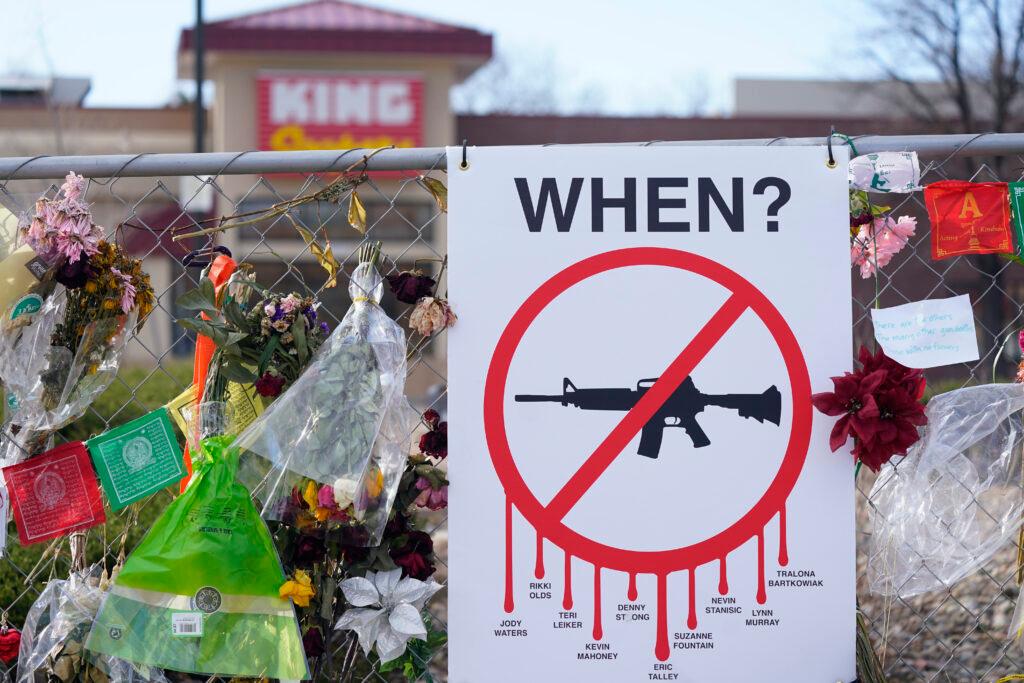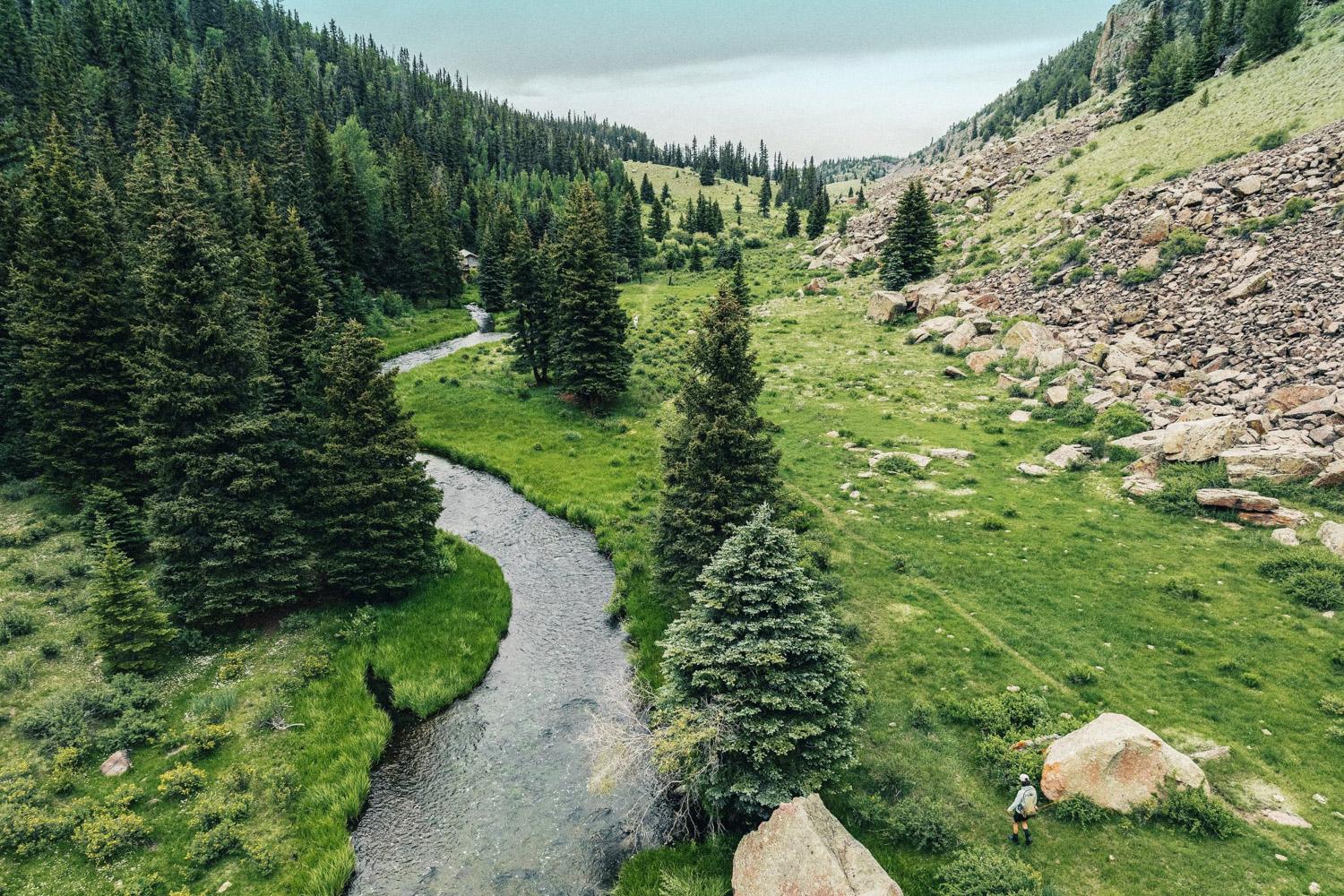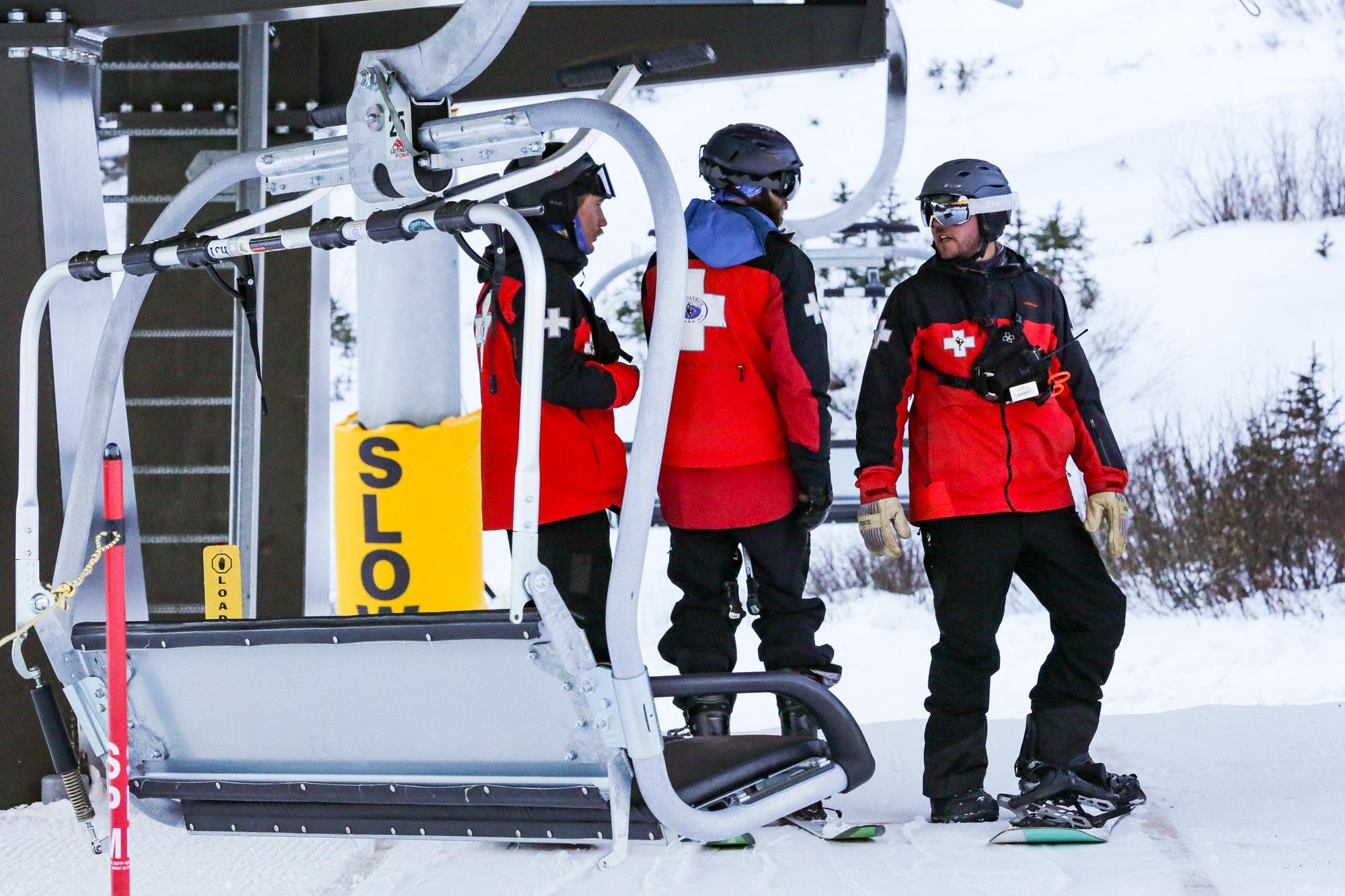
Democrats in Colorado are expected to introduce a slate of gun bills at the statehouse Thursday that have been in the works for months.
However, the majority party is divided over the most controversial idea on the table: a statewide assault weapons ban, which will likely be introduced later this session.
Thursday’s package, which has the support of Democratic legislative leadership includes:
- A three-day waiting period for all gun purchases
- Increasing the age to purchase a firearm to 21
- Expanding who can file ask a court to temporarily remove someone’s firearms with an Extreme Risk Protection Order
- Making it easier to sue firearm manufacturers for liability.
Democrats say the bills are part of an intentional effort to treat gun violence like other policy areas that come up for discussion at the legislature every year.
“We didn't like the fits and starts of the way our policy seemed to follow tragedy,” said Democratic state Rep. Meg Froelich, co-chair of the new Gun Violence Prevention Caucus, which formed last fall.
“We want to be much more measured. We made the decision that we don't react to every latest tragedy, because there's an ongoing tragedy daily in all of our communities.”
During his annual State of the State address, Gov. Jared Polis highlighted stricter regulations on ghost guns as a top priority. However, that bill is still being drafted, according to Democratic staffers.
Whether an assault weapons ban will be introduced is the biggest question
The biggest unknown at this point is when Democrats might introduce an assault weapons ban this session and how many would vote to support it. Draft language for a bill banning certain types of firearms has been circulating at the Capitol since the start of the session. Initially, it would have banned the possession of those weapons, but has since been narrowed to just block future sales.
Democrats have talked about banning certain types of weapons in past sessions. But given the immediate, strong opposition to such a proposal, a bill to do so has never actually been introduced.
Democratic state Sen. Rhonda Fields has signed on as a potential sponsor this year. Fields’ life was changed by gun violence; her son, Javad Marshall Fields, and his fiance were murdered in 2005 to prevent him from testifying at a trial.
“When I talk to people in community, they say, yes, somebody needs to be addressing an interruption to gun violence,” she said.
Fields said she stands by an assault weapons ban for Colorado, but understands why it isn’t among the Democrats’ first gun bills this session. “I think we want to be thoughtful and (these bills) all have to interrelate. You can't introduce one bill if this doesn't fix something else. So sometimes there may be a sequential order in reference to how we roll out some of these measures.”
As written, the draft bill would start in the House, and Fields said, ultimately, it will be up to her House colleagues, Democratic state Reps. Andrew Boesenecker and Elisabeth Epps, to decide whether to introduce it at all.
When contacted recently by CPR, Boesenecker said negotiations are ongoing and he has nothing new to add for now. In an earlier interview, he said he started working on the measure last summer, motivated by the drumbeat of mass shootings in Colorado in recent years, from the Boulder King Soopers in 2021 to Club Q this past November.
“Unfortunately, there hasn't been a year that I've been elected that there hasn't been a mass shooting in our state,” he said. “So I think it's really just a result of feeling like enough is enough, like so many folks out there, and we need to have a conversation about these particular firearms.”
But while the overwhelming majority of Democratic lawmakers agree with an assault weapons ban in principle, some influential party members appear ready to stand in the way of advancing one this year, with one of the legislature’s strongest advocates saying he doesn’t think an outright ban is the right approach at this moment.
“We've got a lot of work to do, I think, before we step into that,” said Democratic state Sen. Tom Sullivan of Littleton, who mentioned giving the state licensing authority over gun stores as something he wants to see in place first. “If you look at those other nine states that have [assault weapons bans], they've already passed all of that kind of stuff we're woefully behind on.”
Sullivan got involved in politics after his son, Alex, was killed in the Aurora Theater shooting. He is the other co-chair of the Gun Violence Prevention Caucus.
He emphasized that he supports an assault weapons ban in concept, but believes the best approach would be a federal law. “That's really where we need it because as far as an enforcement mechanism to it, we need feds here in the state to enforce it.”
But with significant changes to gun law unlikely to pass in the divided U.S. Congress, state Rep. Boesenecker believes Colorado can’t wait for federal action.
“I take my kids to school, drop them off at school every day, and really just couldn't abide the situation anymore, of wondering what might happen between the time I say goodbye in the morning and when to pick them up in the afternoon.”

How a ban would be enforced concerns some
State Rep. Froelich and state Sen. Sullivan both raised enforcement as a concern if Colorado were to try to ban the sale of certain types of guns.
“We really feel like if you're gonna have these big fights, if they're gonna go on for days, that you better get it right,” Froelich said. “You better actually make a difference and reduce gun violence with what you're doing.”
She points to the brutal 2013 session when Democrats passed a high-capacity magazine ban and other gun laws over major protests from Republicans and gun rights supporters. The political fallout included the recall of two Democratic senators and the resignation of a third.
A subsequent investigation by 9News found that large-capacity magazines remain easy to obtain in Colorado.
“So here we have a magazine limit and we have very little mechanism for enforcement because the ATF [Bureau of Alcohol, Tobacco, Firearms and Explosives] is on record as enforcing federal legislation, and not particularly in the business of enforcing state legislation,” Froelich said.
As for relying on local police and sheriffs to enforce the magazine ban, Froelich blamed a lack of bandwidth and in some cases, direct opposition to the policy, for a patchwork approach.
She fears an assault weapons ban might result in a similar situation — one law on the books, another reality in gun stores.
Instead, she wants the state to prioritize policies that she thinks can be more readily implemented, such as raising the age for purchasing firearms, including so-called ‘assault weapons.’
“We know so much violence is perpetrated by folks under 21. So I think there's a good case to be made that that really does decrease harm caused by gun violence,” she said. “Waiting periods (are another) effective anti-suicide component of gun violence, which we feel is incredibly important.”
For her part, Democratic Speaker of the House Julie McCluskie said that while she supports stricter gun bills in general, she would need to see the details of an assault weapons ban before saying whether she would vote for it.
“We first have to recognize our own conscience and values, then those of our constituents as we represent a district. We get into issues like this where our personal experiences come into play in such a powerful way. I think you will see diversity in conversation, certainly, with members from both sides.”
However, Democratic House staff said McCluskie is committed to introducing the bill when the sponsors say it’s ready to go.

The introduction of gun bills ensures big fights this session
Policies related to firearms tend to be among the most partisan and contentious debates at the state Capitol. That was certainly the case with the first Democratic gun bill introduced this session, which would give Colorado counties more authority to prohibit people from firing weapons on private property in certain unincorporated areas.
Even though it’s a relatively minor bill — since more gun-friendly rural counties would be unlikely to ever pass this type of policy — it cleared the House only after a lengthy debate. That came after the pro-gun rights group Rocky Mountain Gun Owners criticized Republican lawmakers for, in its view, not pushing back hard enough against the bill during an earlier vote.
“House Republicans are such a disappointment. Nearly no resistance was shown in fighting the private property shooting ban (HB23-1165). It is a sad state of affairs when we can't even trust Republicans to fight back,” the group tweeted, highlighting the political dangers for Republicans if they don’t do all they can to stall future gun bills.
Seven Democrats joined Republicans to vote against HB-1165, many of them from more rural or conservative parts of the state. Democratic state Rep. Bob Marshall of Highlands Ranch agreed with Republicans’ argument that the measure wasn’t needed in any county.
“The counties already have the ability to regulate for danger. They can outlaw projectiles leaving the property. They get in trouble for firing across a road, firing towards a road, firing towards a dwelling. All those kinds of dangers from firearms are already allowed to be regulated.”
Marshall replaced a Republican from Douglas County who was term-limited, and he represents one of the most competitive districts in the state. He said when he ran for office, he pledged not to support any changes to Colorado’s gun laws, whether to roll back restrictions or pass new ones.
“I've had a couple colleagues come and ask me … if I'd co-sponsor some of the smaller restriction bills and I had to tell 'em no,” Marshall said. “I have to stick to what I ran on.”
Democrats hold a large enough majority in the House that they can afford to lose 13 of their members and still pass the package of gun bills, but their margin is closer in the Senate. The political stakes for some lawmakers if they support policies like waiting periods and increasing the purchase age, or something as sweeping as an assault weapons ban, would be significant.
There’s already one clear no vote. Democratic state Sen. Kevin Priola, who switched his party affiliation from Republican to Democrat last August. He said at the time that he would continue to oppose stricter gun laws.
“I do not believe either party has a monopoly on the truth. For instance, my pro-life position, school choice, and pro-second amendment stance often run counter to the Democratic Party platform,” he said in a statement.
Lengthy fights over gun bills could also have repercussions for other portions of the Democrats’ agenda. Lawmakers are already six weeks into their four-month session. That means long debates over the gun package — not to mention any additional bills, like an assault weapons ban — will leave less time on the calendar for other legislation.
That’s one reason, Senate President Steve Fenberg said Democrats need to be strategic with their bills, only introducing those they think will have the most impact on public safety, instead just trying to make a statement. While he backs the bills being introduced on Thursday, Fenberg worries an assault weapons ban isn’t the best approach.
“I think if you are guiding the discussion based on what is the most effective thing we can do based on the science, based on the data to save lives, it's not at the top of the list. And that's not to say that I wouldn't vote for it. I would. I think we should be moving in that direction, but I think there are other items that will save more lives faster,” Fenberg said.
In the meantime, he doesn’t want it to derail other things. And he hopes whatever Democrats end up doing on gun policy this year advances public safety, instead of deepening cultural divides and making it even less likely Americans will ever agree on anything when it comes to this topic.
Andrew Kenney contributed to this report.









